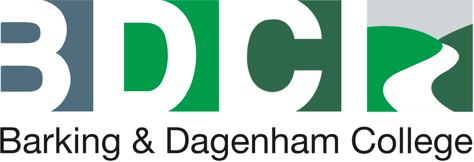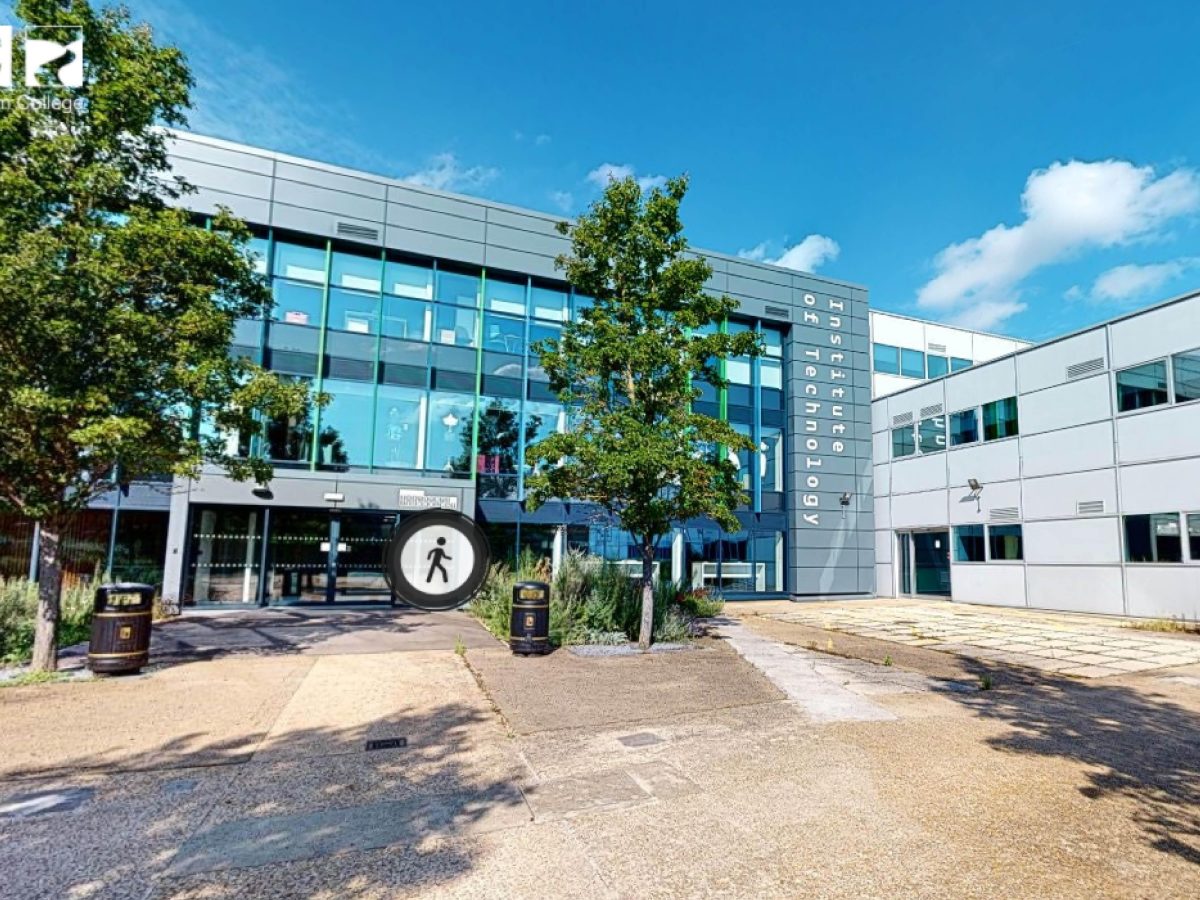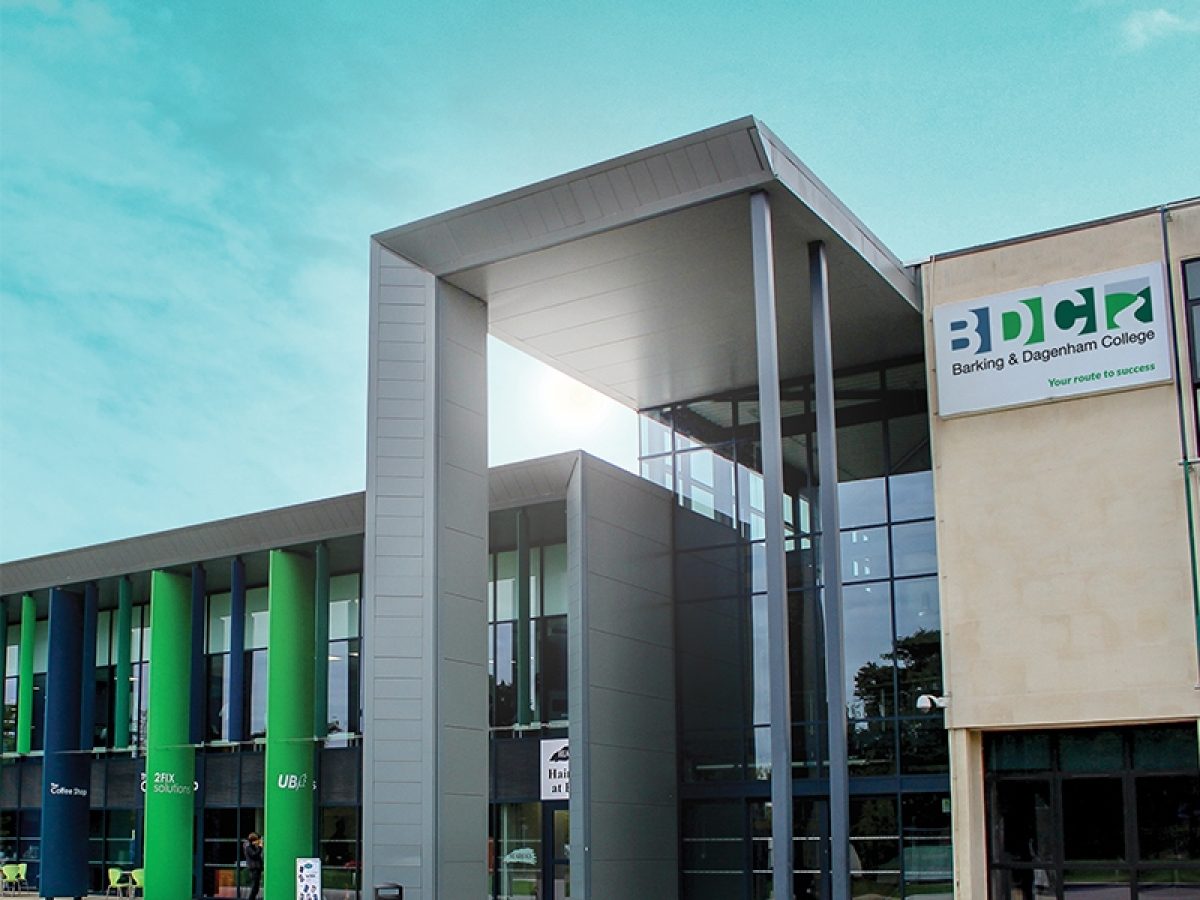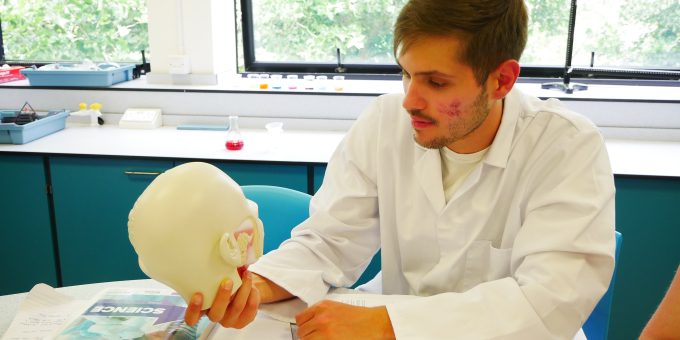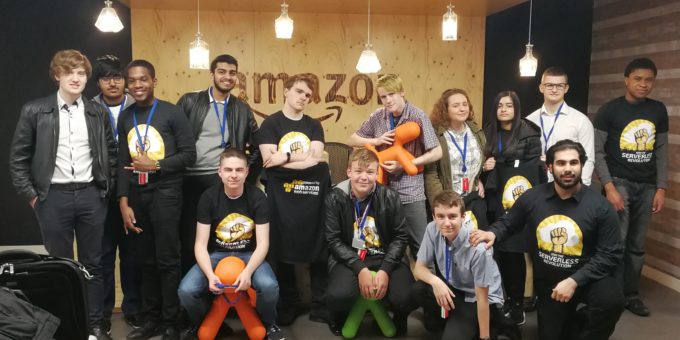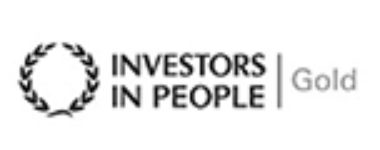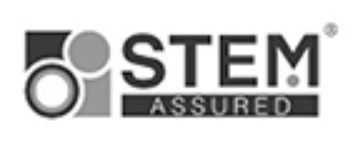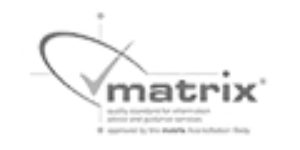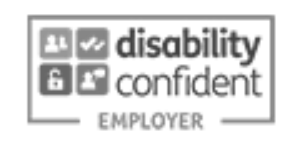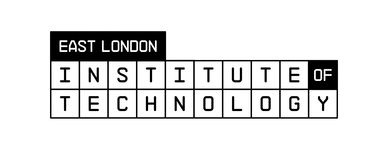Secure your future in Cyber Security. Expert-led, hands-on training to combat digital threats and safeguard data - accredited by the University of Greenwich.
This qualification has been awarded the HTQ quality mark, having been developed with employers and aligned to Occupational Standards. The level 4 and 5 BTEC Higher National HTQ’s are equivalent to first and second-year university study.
This program offers an immersive learning journey, blending theoretical foundations with hands-on training in cutting-edge cyber defence techniques. Engage in simulated cyber-attack scenarios, applying your knowledge in a realistic yet controlled environment. Prepare for your next career step by extending your knowledge in cybersecurity and exploring network security, ethical hacking, digital forensics, and cryptography. You will also benefit from a strong emphasis on real-world application, preparing you to tackle contemporary cyber challenges effectively. Led by experienced educators and industry professionals, the program ensures you receive up-to-date knowledge and insights into the latest industry trends and threats. Equip yourself with the skills and strategies necessary to address modern cyber threats with confidence.
Year 1
Students are required to study the following compulsory modules.
- Unit 1 Programming (15 credits)
- Unit 2 Networking (15 credits)
- Unit 3 Professional Practice (15 credits)
- Unit 4 Database Design & Development (15 credits)
- Unit 5 Security (15 credits)
- Unit 6 Planning a Computing Project (15 credits)
- Unit 10 Cyber Security (15 credits)
- Unit 14 Maths for Computing (15 credits)
Year 2
Students are required to study the following compulsory modules.
- Unit 16 Computing Research Project (30 credits)
- Unit 17 Business Process Support (15 credits)
- Unit 28 Cloud Computing (15 credits)
- Unit 30 Applied Cryptography in the Cloud (15 credits)
- Unit 31 Forensics (15 credits)
- Unit 32 Information Security Management (15 credits)
- Unit 50 Operating Systems (15 credits)
Students are assessed through a combination of assessment methods depending on the modules chosen.
94% coursework
6% Examination
You can view how each module is assessed within our 'What you will learn' section.
Each course has formal assessments which count towards your grade. Some courses may also include 'practice' assignments, which help you monitor progress and do not count towards your final grade.
Feedback summary
Our policy is to give feedback on assignments within 15 working days of the coursework submission date. Examination results will be available within 28 days.
Dates and timetables
The academic year runs from September to June.
Full teaching timetables are not usually available until term has started.
Teaching
In a typical week learning takes place through a combination of 30% timetabled teaching and 70% independent learning.
You can view more information about how each module is taught within our 'What you will study' section.
Seminars and workshops enable you to discuss and develop your understanding of topics covered in lectures in smaller groups. You will also be able to meet your personal tutor. Timetabled learning may fall between 9am and 9pm depending on your courses and tutorials.
Class sizes
We are proud of our approach to supporting learners within small groups so that no-one feels lost or isolated. We generally host learning in classes no bigger than 40. Teaching and learning will include traditional lectures and talks, small group tutorials, and practical workshops facilitated by our teaching team. Masterclasses will also be part of the learning where industry experts share their experience within their own real-world contexts, preparing the students for their future careers.
Overall workload
If you are studying full-time, you should expect the workload to be similar to a full-time job. For part-time students, this will reduce in proportion with the number of courses you are studying.
Each module you study towards this degree is worth 15 or 30 credits. These represent around 150 or 300 study hours respectively. If you receive 100 contact hours for a 30-credit module, you should expect to commit 200 hours to independent study to complete it successfully.
64 UCAS Tariff points which must include one of the following:
- BTEC National: Diploma/Extended Diploma in a relevant subject, such as, Computing
- A Level and BTEC National: Diploma/Extended Certificate in Computing and an A level.
- Access to Higher Education Diploma: Science.
- In addition, you will need: 5 GCSEs including GCSE Mathematics, GCSE English Language/Literature and GCSE Science all at grade 4/C. Equivalent qualifications may be considered.
Applicants who do not have the above may be considered on a case-by-case basis provided they possess appropriate work experience. In such cases, applicants will need to participate in an interview.
You can also read our admissions policy.
You’ll learn from staff who are passionate about their subject, highly qualified and well connected with industry and who undertake frequent CPD to ensure our learners benefit from the up-to-date teaching and insight.
On successful completion of the course learners are able to enter or advance in employment within the computing industry.
Additionally, it provides a pathway for students to progress to higher education qualifications, such as an honours degree in computing or a related field.
